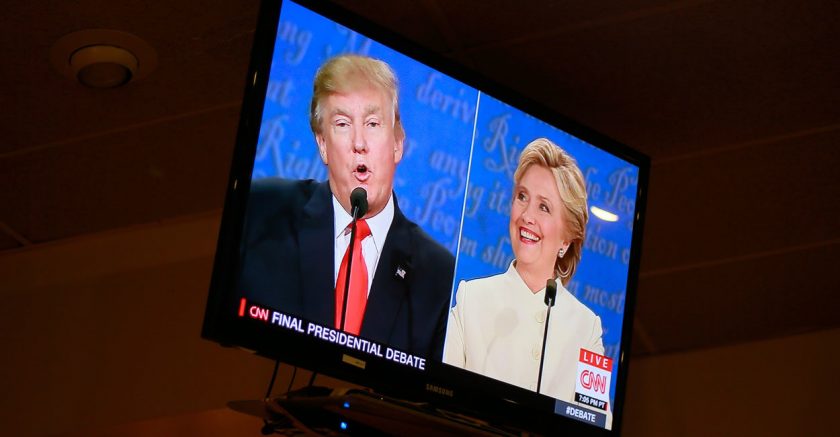Efforts to elect the president by popular vote has had mixed popularity this year, as Arizona and Maine failed to gather the required number of signatures to appear on the November ballot.
Still, after the Connecticut Legislature voted in May to join the National Popular Vote Interstate Compact, the plan is just 98 Electoral College votes shy of becoming a reality.
Under the compact, states that join agree to award their electors to the presidential candidate who wins the nationwide popular vote, even if the candidate loses that state.
Advocates say this plan would keep the Electoral College in place, reflect the national popular vote, and not require amending the Constitution.
The compact, which has 11 blue states and the District of Columbia on board, would become effective only after gaining enough states to equal 270 votes—or a majority of the Electoral College, the same number required to elect a president.
This almost certainly won’t happen by 2020, said Tara Ross, a retired lawyer and author most recently of “The Indispensable Electoral College: How the Founders’ Plan Saves Our Country from Mob Rule.”
“The 2016 election was good and bad for this movement,” Ross told The Daily Signal. “It was good in that it incited an emotional anti-Trump reaction in support of the popular vote. It was bad thing for this movement because flyover states had a demonstration of why they should like the Electoral College.”
The Founders negotiated the Electoral College as a compromise between large and small states, she said, noting that Hillary Clinton’s popular vote victory over Donald Trump resulted almost entirely from California and New York.
States that feel ignored because of the Electoral College is subject to change, Ross said.
“The pendulum swings back and forth on what is a battleground state,” Ross added. “In the 1980s, Reagan started out with a lock on California and Texas. People used to wonder if Democrats would ever overcome that. What’s a safe state and a swing state changes.”
The compact has attracted a total of 172 electoral votes from California, Connecticut, the District of Columbia, Hawaii, Illinois, Maryland, Massachusetts, New Jersey, New York, Rhode Island, Vermont, and Washington.
Maryland was the first to enter the compact in 2007, so it has taken 11 years for the project to reach this point. The proposed compact has passed 36 legislative chambers in 23 states.
Only on five occasions has a president won the Electoral College while losing the popular vote: John Quincy Adams in 1824, Rutherford B. Hayes in 1876, Benjamin Harrison in 1888, George W. Bush in 2000, and Trump in 2016.
Some Republican supporters of the compact point out that Trump repeatedly has backed moving to a popular vote system, despite losing the popular vote to the Democrats’ nominee, Clinton.
Read the full story from The Daily Signal
Want more BFT? Leave us a voicemail on our page or follow us on Twitter @BFT_Podcast and Facebook @BluntForceTruthPodcast. We want to hear from you! There’s no better place to get the #BluntForceTruth.







